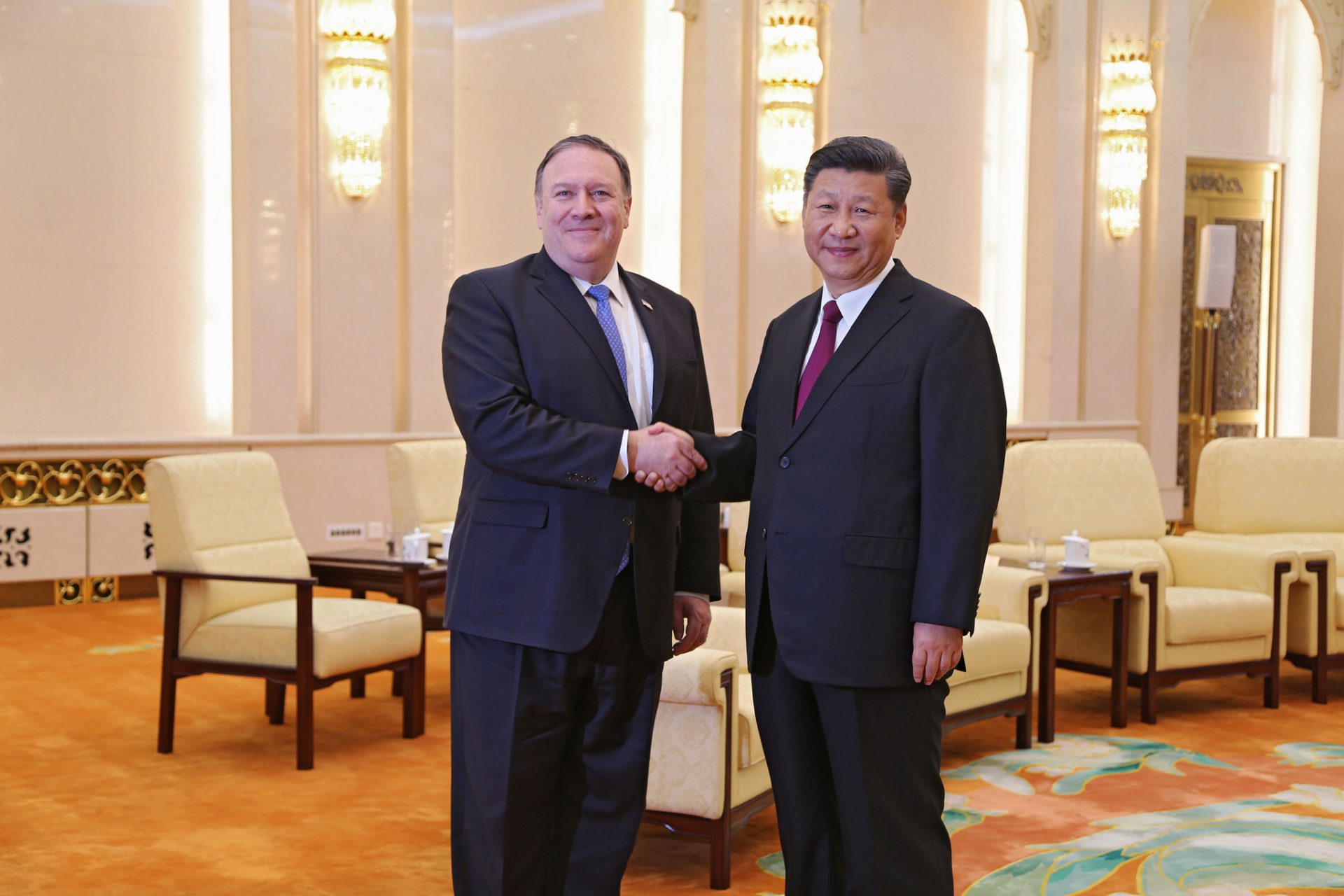Home » 2019 forecast: next steps in the US-China confrontation
2019 forecast: next steps in the US-China confrontation

2018 has been a year of tumultuous reversal for US-China relations, with a series of speeches and reports that mark an official disjuncture from the earlier era of peaceful competition. US Vice President Mike Pence alone renounced Washington’s engagement with Beijing and set out a new vision for the Indo-Pacific at the Asia-Pacific Economic Cooperation summit which diverged significantly from the model promoted by Chinese President Xi Jinping.
It is unlikely that the US will completely disengage from China; Cold War-esque economic decoupling is largely impossible to achieve given China’s strong links to global markets. But Pence’s speech was meant more to put pressure on Beijing to alter its behaviour, increasingly at odds with Washington’s worldview, than to cut off a trade and investment relationship deeply embedded in the world economy. Their present ties are therefore likely to remain and be mired by protectionist tendencies, but the future of their engagement will become increasingly conditional and zero-sum. Both sides will continue to actively revise the rules of the international order, and the outcome will further destabilise their bilateral strategic partnership.
The G-20 Summit in early December reflects this uncertainty. Despite the 90-day tariff ceasefire, both parties began to complicate their trade deal with the US-requested detention of Huawei’s top executive Meng Wanzhou and China’s tit-for-tat detainment of Canadian officials.
The Huawei blow-out is symptomatic of a larger strategic competition between Washington and Beijing. Both are in a race to the top of the Fourth Industrial Revolution. This is an era where fifth-generation (5G) technological networks will become a critical national infrastructure that establishes the foundation for the digitisation of future smart cities. Whoever gains a significant lead will have the first-mover advantage to replicate its specifications and standards for other countries to follow.
Given accusations that China’s tech companies spy on the communications of their users for Beijing, Washington fears 5G will become the digital front of Chinese ‘sharp power’ and allow the Chinese Communist Party to dominate the global telecommunication industry. Expect Washington to continue to expose Beijing’s cyber operations. Their truce is likely to come to an end without a resolution to the trade war or the detainment of Meng and Canadian diplomats.
Tommy is a member of the East and South East Asia team. He covers strategic and crisis developments pertaining to the use of force, with a concentration on flashpoints in East Asia.

